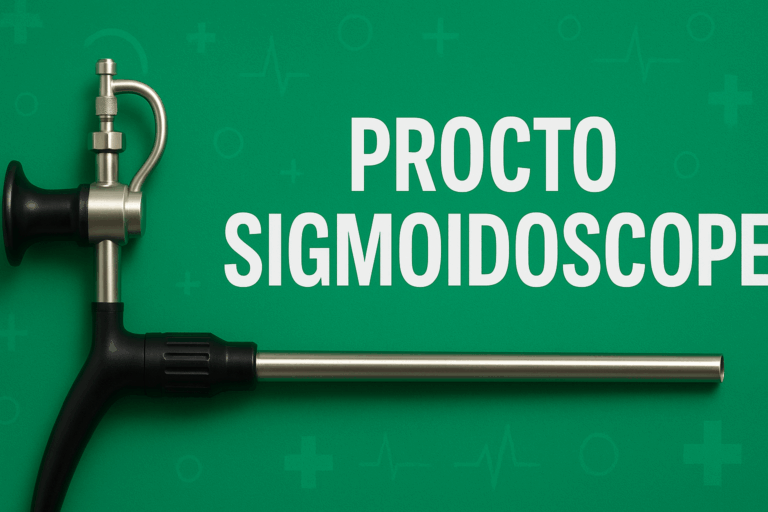Radiology’s Role in Brain Health: Allpannel, Lotus bhai, Allpaanel com mahadev book login
allpannel, lotus bhai, allpaanel com mahadev book login: Radiology’s Role in Brain Health
When it comes to taking care of our bodies, we often focus on physical health, such as eating well and exercising regularly. However, we sometimes overlook the importance of maintaining our brain health. Our brains are incredibly complex organs that control everything we do, think, and feel. That’s why it’s essential to prioritize brain health, and one crucial tool in achieving this is through radiology.
Radiology, the branch of medicine that uses imaging technology to diagnose and treat diseases, plays a significant role in monitoring and assessing brain health. From detecting tumors to evaluating traumatic brain injuries, radiology helps healthcare providers get a detailed look at the brain’s structure and function. Let’s delve into how radiology contributes to brain health and why it’s essential for everyone’s overall well-being.
Understanding the Brain through Imaging
One of the primary ways radiology contributes to brain health is by providing detailed images of the brain through various imaging techniques. Magnetic resonance imaging (MRI) and computed tomography (CT) scans are commonly used to evaluate the brain’s structure and detect any abnormalities or changes. These imaging techniques allow healthcare providers to identify conditions such as brain tumors, strokes, aneurysms, or vascular malformations accurately.
Monitoring Brain Injuries and Disorders
Radiology plays a crucial role in monitoring brain injuries and neurological disorders. For example, in cases of traumatic brain injuries (TBI), imaging studies can help healthcare providers assess the extent of the injury and determine the best course of treatment. Additionally, radiology is instrumental in diagnosing conditions like Alzheimer’s disease, multiple sclerosis, or epilepsy by detecting changes in the brain’s structure over time.
Guiding Treatment Decisions
Radiology helps guide treatment decisions for various brain conditions by providing detailed information about the brain’s anatomy and function. For example, before performing surgery on a brain tumor, neurosurgeons rely on imaging studies to plan the procedure accurately and ensure the best possible outcomes. Radiology also aids in monitoring the effectiveness of treatments, such as chemotherapy or radiation therapy, by tracking changes in the brain over time.
Preventing Future Complications
Early detection is key to preventing future complications related to brain health. Radiology enables healthcare providers to identify potential risk factors, such as vascular malformations or aneurysms, before they cause significant problems. By monitoring the brain’s health through regular imaging studies, individuals can take proactive measures to maintain their brain health and reduce the risk of developing conditions that could have long-term consequences.
Educating Patients on Brain Health
Radiology also plays a vital role in educating patients about brain health and the importance of regular screenings. By visually demonstrating the impact of certain lifestyle choices or underlying health conditions on the brain, healthcare providers can empower patients to make informed decisions about their well-being. Additionally, radiology can help individuals understand the significance of early detection and intervention in preserving brain health for the long term.
In conclusion, radiology is an essential tool in maintaining and enhancing brain health. By providing detailed images, monitoring brain injuries and disorders, guiding treatment decisions, preventing future complications, and educating patients, radiology plays a crucial role in ensuring optimal brain function. Prioritizing regular screenings and consultations with healthcare providers can help individuals take proactive steps towards maintaining their brain health and overall well-being.
FAQs:
1. How often should I undergo brain imaging studies?
It depends on your individual risk factors and any specific symptoms you may be experiencing. Your healthcare provider can recommend the appropriate frequency for brain imaging based on your medical history and overall health.
2. Are there any risks associated with brain imaging techniques?
While imaging studies such as MRI or CT scans are generally safe, there is a slight risk of allergic reactions to contrast agents or exposure to radiation with CT scans. Your healthcare provider will discuss any potential risks and benefits before recommending any imaging studies.
3. Can radiology detect all types of brain conditions?
Radiology is a valuable tool for detecting many brain conditions, but some conditions may require additional testing or procedures for accurate diagnosis. Your healthcare provider will determine the best course of action based on your specific situation.
4. How can I maintain my brain health besides regular imaging studies?
In addition to regular screenings, maintaining a healthy lifestyle, including a balanced diet, regular exercise, adequate sleep, and mental stimulation, can help support brain health. Stay connected with healthcare providers for personalized recommendations and guidance on maintaining optimal brain health.







